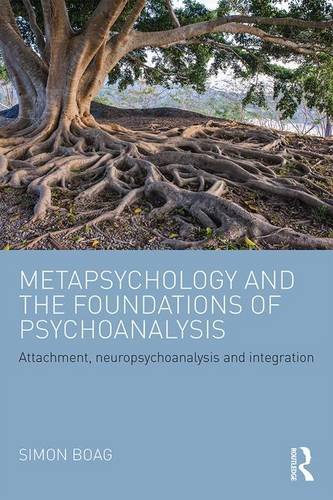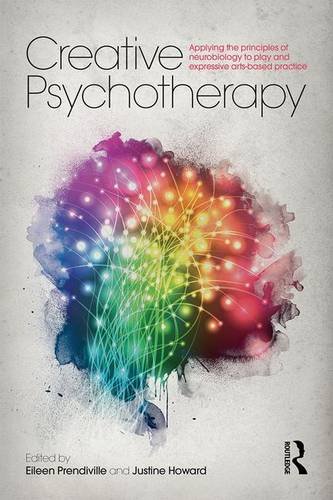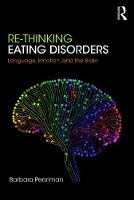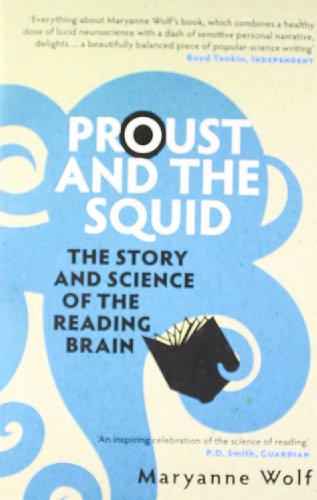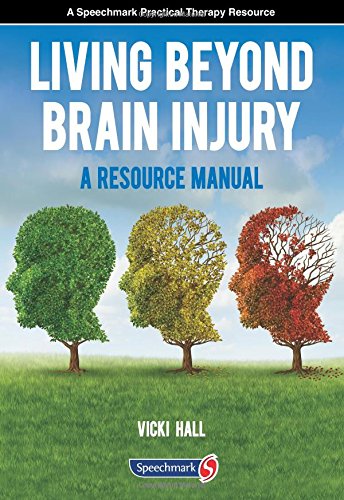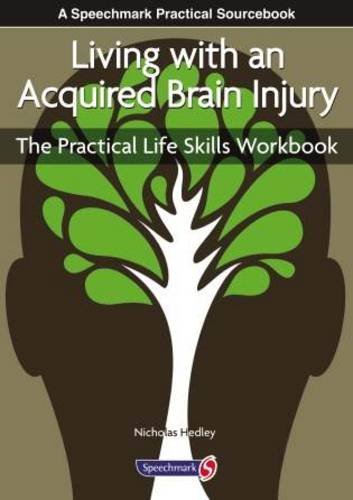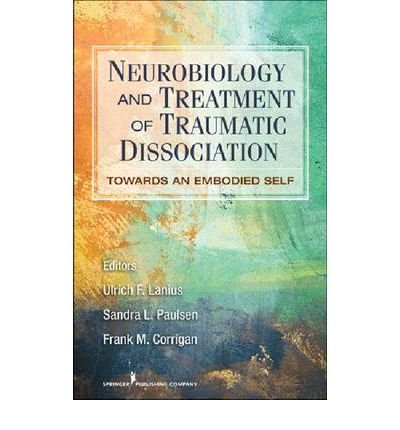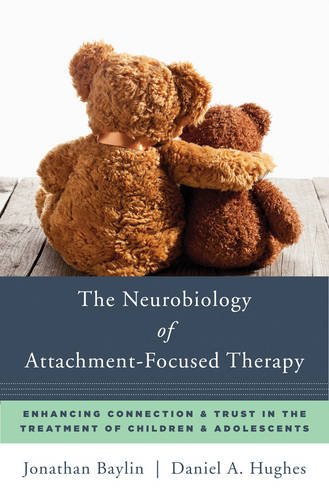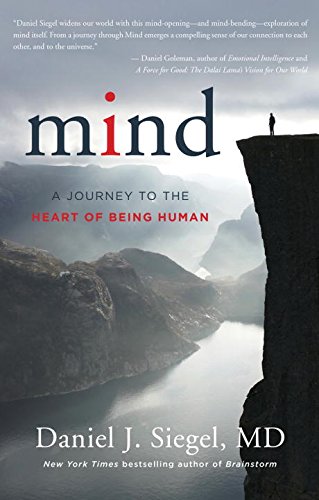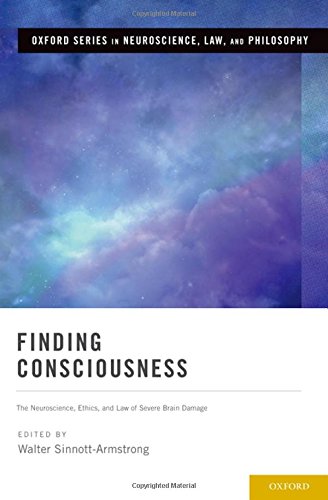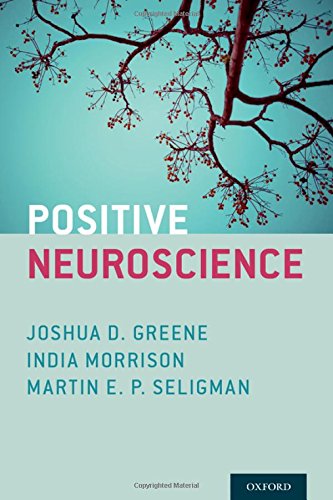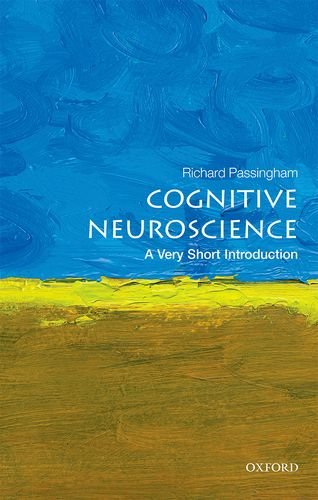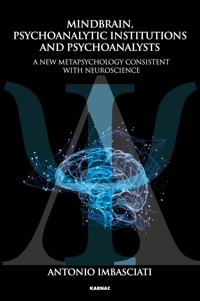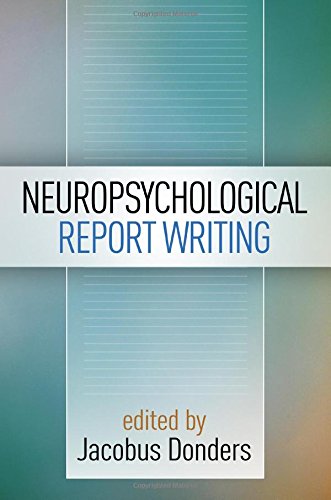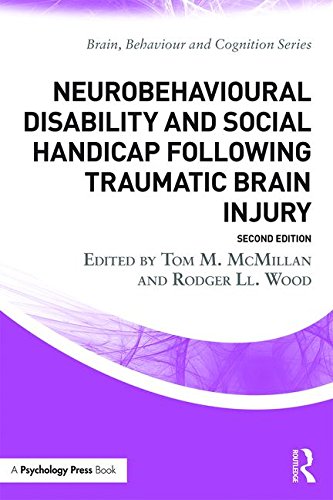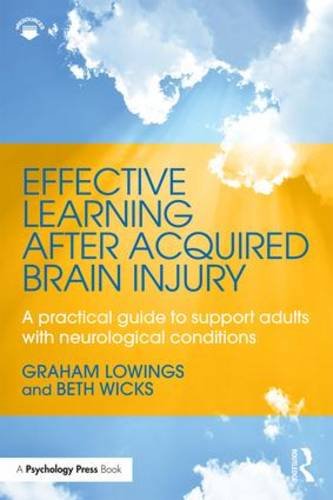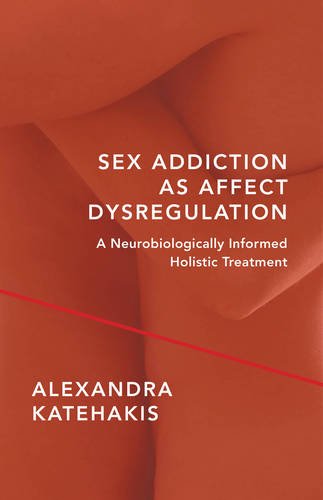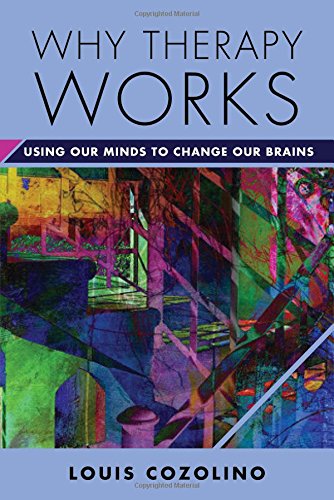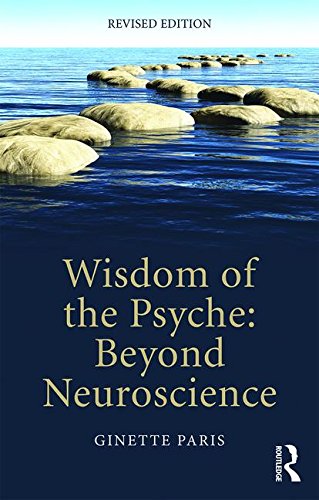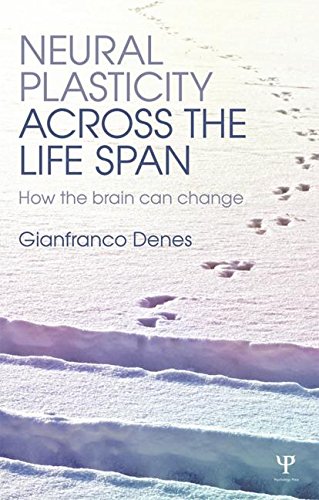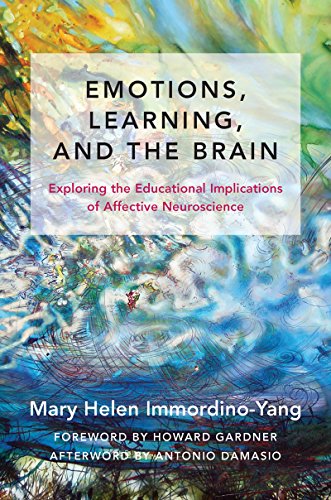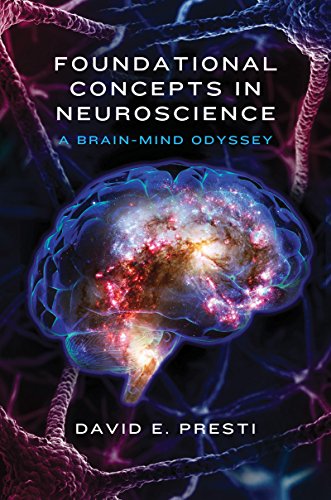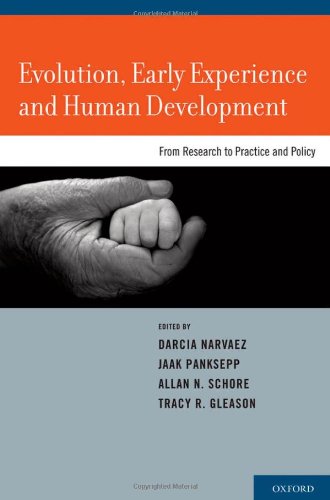Neuroscience Books
Metapsychology and the Foundations of Psychoanalysis: Attachment, Neuropsychoanalysis and Integration
Metapsychology and the Foundations of Psychoanalysis redresses faults in Freud's original conception to develop a coherent theoretical basis for psychodynamic theory. Simon Boag demonstrates that... (more)
Creative Psychotherapy: Applying the Principles of Neurobiology to Play and Expressive Arts-Based Practice
Creative Psychotherapy brings together the expertise of leading authors and clinicians from around the world to synthesise what we understand about how the brain develops, the neurological impact of... (more)
Inclusion, Play and Empathy: Neuroaffective Development in Children's Groups
Contributions from early childhood educators, teachers, psychologists, music therapists, occupational therapists, and psychotherapists highlight the crucial role that early relationships and... (more)
Neuroscience for the Mental Health Clinician: Second Edition
Accessible and succinct, this book has given thousands of clinicians and students the basic understanding of neuroscience that is essential in contemporary mental health practice. Steven R. Pliszka... (more)
Re-Thinking Eating Disorders: Language, Emotion, and the Brain - A New Treatment
This book tells the story of what happens in the brain when an eating disorder develops and what has to happen to bring an eating disorder to an end. It describes a new way of thinking about and... (more)
Proust and the Squid: The Story and Science of the Reading Brain
'We were never born to read', says Maryanne Wolf. 'No specific genes ever dictated reading's development. Human beings invented reading only a few thousand years ago. And with this invention, we... (more)
Living Beyond Brain Injury: A Resource Manual
A brain injury can have a dramatic effect on all areas of a person's life. This manual is designed to provide an understanding of some of the effects of a brain injury and how to manage them. It... (more)
Living with an Acquired Brain Injury: The Practical Life Skills Workbook
The Practical Life Skills Workbook is designed for people who have recovered well enough from brain injury to prepare for a return to independent living. Using a very accessible and easy to read... (more)
Neurobiology and Treatment of Traumatic Dissociation: Towards an Embodied Self
Encompassing the contributions of expert clinicians and researchers in the area of traumatic stress and dissociation, this volume is the first to integrate current neuroscience research regarding... (more)
The Neurobiology of Attachment-Focused Therapy: Enhancing Connection and Trust in the Treatment of Children and Adolescents
How can therapists and caregivers help maltreated children recover what they were born with: the potential to experience the safety, comfort, and joy of having trustworthy, loving adults in their... (more)
Mind: A Journey to the Heart of Being Human
What is the mind? What is the experience of the self truly made of? How does the mind differ from the brain? Though the mind's contents-its emotions, thoughts, and memories-are often described, the... (more)
Finding Consciousness: The Neuroscience, Ethics, and Law of Severe Brain Damage
Modern medicine enables us to keep many people alive after they have suffered severe brain damage and show no reliable outward signs of consciousness. Many such patients are misdiagnosed as being in... (more)
Positive Neuroscience
How do we thrive in our behaviors and experiences? Positive neuroscience research illuminates the brain mechanisms that enable human flourishing. Supported by the John Templeton Foundation's Positive... (more)
Cognitive Neuroscience: A Very Short Introduction
Up to the 1960s, psychology was deeply under the influence of behaviourism, which focused on stimuli and responses, and regarded consideration of what may happen in the mind as unapproachable... (more)
Using Neuroscience in Trauma Therapy: Creative and Compassionate Counseling
Using Neuroscience in Trauma Therapy provides a basic overview of structure and function of the brain and nervous system, with special emphasis on changes that occur when the brain is exposed to... (more)
Mindbrain, Psychoanalytic Institutions, and Psychoanalysts: A New Metapsychology Consistent with Neuroscience
In this book, Antonio Imbasciati criticises the isolationism of traditional psychoanalytic associations, compared to those of other branches of psychology, and their suspicion of neuroscience. Today,... (more)
Building Bridges: The Impact of Neuropsychoanalysis on Psychoanalytic Clinical Sessions
This volume addresses the issue of the clinical relevance of neuroscience to psychoanalysis. New findings are revealing unexpected aspects of neuroscience and pushing the entire field toward... (more)
Neuropsychological Report Writing
All neuropsychologists need to know how to produce evidence-based reports. This book brings together experts to provide an in-depth guide to high-quality report writing in a range of contexts,... (more)
Neurobehavioural Disability and Social Handicap Following Traumatic Brain Injury: Second Edition
Neurobehavioural disability follows many forms of serious brain injury and is a major constraint on social independence. Rehabilitation services are often not organised in a way which addresses the... (more)
Effective Learning After Acquired Brain Injury: A Practical Guide to Support Adults with Neurological Conditions
Effective Learning After Acquired Brain Injury provides clear guidance on delivering productive educational programmes for adolescents and adults with acquired brain injury (ABI). Written for the... (more)
Neuro-Philosophy and the Healthy Mind: Learning from the Unwell Brain
Can we see or find consciousness in the brain? How can we create working definitions of consciousness and subjectivity, informed by what contemporary research and technology have taught us about how... (more)
Sex Addiction as Affect Dysregulation: A Neurobiologically Informed Holistic Treatment
Sex Addiction as Affect Dysregulation examines sex addiction in line with the new definition of addiction as a primary, chronic brain disease. Treatment implications are explained and case histories... (more)
Why Therapy Works: Using Our Minds to Change Our Brains
That psychotherapy works is a basic assumption of anyone who sees a therapist. But why does it work? And why does it matter that we understand how it works? In Why Therapy Works, Louis Cozolino... (more)
Wisdom of the Psyche: Beyond Neuroscience: Revised Edition
The first edition of Wisdom of the Psyche engaged with one of the main dilemmas of contemporary psychology and psychotherapy: how to integrate findings and insights from neuroscience and medicine... (more)
Neural Plasticity Across the Lifespan: How the Brain Can Change
Neural Plasticity Across the Lifespan reviews the recent scientific developments which are transforming our understanding of the human brain. For many years it was thought that modifications to the... (more)
Neuroscience and Critique: Exploring the Limits of the Neurological Turn
Recent years have seen a rapid growth in neuroscientific research, and an expansion beyond basic research to incorporate elements of the arts, humanities and social sciences. It has been suggested... (more)
The Man Who Mistook His Wife for a Hat
'Oliver Sacks has become the world's best-known neurologist. His case studies of broken minds offer brilliant insight into the mysteries of consciousness' Guardian In his most extraordinary book,... (more)
Emotions, Learning, and the Brain: Exploring the Educational Implications of Affective Neuroscience
A neuroscience revolution is making its way into classrooms around the country, changing the way we understand how emotions influence thinking and learning. This book makes available the most... (more)
Foundational Concepts in Neuroscience: A Brain-Mind Odyssey
A fresh take on contemporary brain science research, this book presents neuroscience-the scientific study of brain, mind and behaviour-in easy-to-understand ways with a focus on concepts of interest... (more)
Evolution, Early Experience and Human Development: From Research to Practice and Policy
The field of cognitive psychology has expanded rapidly in recent years, with experts in affective and cognitive neuroscience revealing more about mammalian brain function than ever before. In... (more)


